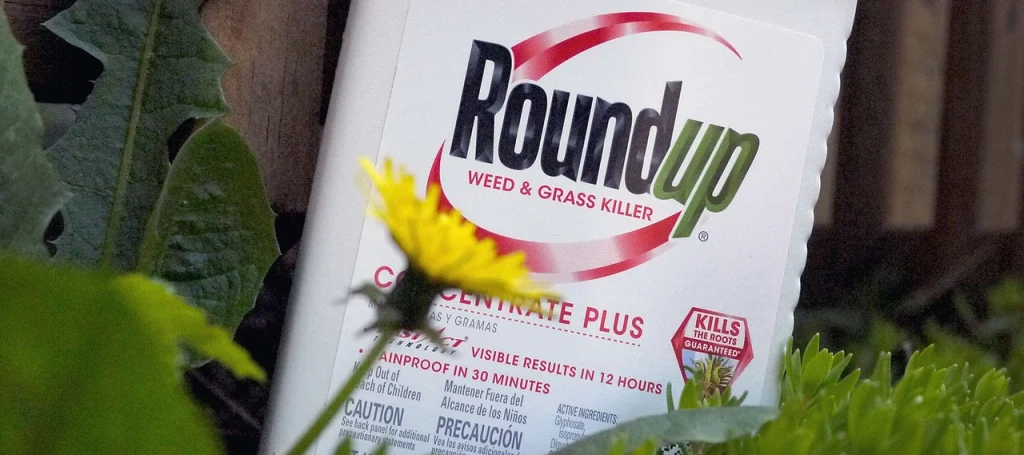Bayer's $78 Million Lawsuit in Roundup Cancer Trial.
The German multinational pharmaceutical and biotechnology company 'Bayer' must pay $78 million to a Pennsylvania man who said he got cancer from using the company's Roundup weedkiller, a state court in Philadelphia found on Thursday.
A jury in Pennsylvania has delivered a verdict unfavorable to Bayer, granting $78 million to William Melissen, who claimed that his cancer resulted from exposure to the Roundup herbicide. The jury's ruling comprises $3 million in compensatory damages and $75 million in punitive damages, contributing to the continuing legal difficulties Bayer encounters regarding its glyphosate-containing product.
Tom Kline and Jason Itkin, attorneys representing William Melissen and his spouse, Margaret, issued a statement asserting that Bayer had demonstrated a "reckless indifference to the safety of individuals. The company still has not gotten the message that it needs to change its ways."
Bayer said in statement: "We disagree with the jury’s verdict, as it conflicts with the overwhelming weight of scientific evidence and the consensus of regulatory bodies and their scientific assessments worldwide. We believe that we have strong arguments on appeal to get this verdict overturned and the excessive damages (ratio of punitive to compensatory damages is an unconstitutional 25:1) eliminated or reduced. Damages in most past Roundup™ cases with adverse verdicts have been reduced by more than 90% overall, and the company has resolved the majority of claims filed in this litigation. While we have great sympathy for anyone who suffers a loss or injury, science proves that Roundup™ is not carcinogenic."
In 2021, the Melissens initiated legal action against Bayer. They claimed that William, similar to other plaintiffs associated with Roundup, developed a type of non-Hodgkin's lymphoma due to exposure to glyphosate, the active component in Roundup that was available for residential use until the previous year. Melissen reported that he utilized the product both at home and in his workplace from 1992 until his diagnosis in 2020. He claims that his cancer was a result of exposure to glyphosate and another chemical found in Roundup. In response, Bayer asserts that glyphosate is not a carcinogen and characterizes the lawsuits as lacking in merit. The company obtained Roundup through its $63 billion acquisition of the agrochemical firm Monsanto in 2018.
Bayer settled the majority of the outstanding Roundup lawsuits in 2020 for a total of $10.9 billion; however, as per its latest financial report, the company is still contending with approximately 58,000 claims. The company is actively seeking legislative measures at both the state and federal levels, with backing from various stakeholders in the agricultural sector. These efforts aim to clarify or strengthen the label uniformity provision of federal law (FIFRA), which is intended to ensure that labels on federally registered pesticides, such as Roundup, remain consistent nationwide.





















